Aliens, AI and Panama Papers, with Chris Mattmann Ep #101
This episode marks an exciting new season and new format of The Peter O. Estévez Show. We’ll be bringing in a lot of celebrity guests as well as a couple of co-hosts. The guest of this episode is Chris Mattmann. Chris is the IT Chief Technology and Innovation Officer at NASA JPL. His work has helped NASA explore space and help journalists in government track international financial crime amongst the world’s elite across the globe. Chris is a frequent keynote speaker in government, academia, industry, and his work has helped me find the field of data science. Listen to learn more about Chris’ incredible, worldwide impact.
You will want to hear this episode if you are interested in...
What is Apache Hadoop? [03:20]
Chris’ journey to NASA [07:04]
Fighting financial crime with data [13:20]
Chris’ role and future at Nasa [19:55]
Advice for the crypto space [24:17]
What happened to UFOs? [28:37]
The future of automation [30:58]
NASA’s response to the pandemic [34:18]
Technology and data
Over the past 20 years, the technology industry has changed dramatically. The aspect that interested Chris was data processing. Search engines, such as Google, changed the way that information was searched and accessed. The notable movement was getting away from buying expensive hardware. Google showed us that we could buy cheap computers and network them together. To make those systems scale, Google developed software that could handle failure and resiliency.
Something often heard in the startup world is 'failing fast and getting up faster.' That mentality is the onus to how Chris got started in open source. Google showed the world that if you could build software with cheap computer parts, you can scale to the world's largest problems. The open-source community saw that and recognized that they could replicate that and make it available to the world. It was in that work that Chris was involved.
Chris’ work with NASA
The first ten years Chris worked at NASA, he did a lot of science mission development as the chief architect in the Instrument Systems Division. Chris spent the next five years building technology programs, building software, and helping fight financial crimes. In the last five years, Chris has moved from deputy CTO and is now the CTO. He currently leads the Innovation Division with teams in the cloud, data scientists, and XR and VR. Those three are the core teams. Chris' job is to look at the future and decide how to deploy those teams to fill missions, science, and engineering needs.
The future of AIs
AI has made incredible progress in the last few years. There's also a lot of fear, especially in the service industry, that jobs will be automated and that people will be unemployed. Robots, like Flippy, are looking at jobs that are easily transferable to robots. But that has a social impact as well and would displace certain types of jobs. One of the bigger vocations you hear people mention with automation is truck driving. Truck driving requires skill, doesn't require high education, and is high paying. With automated trucks that some companies are building, automation has the potential to displace millions of truckers.
The critical thing to learn from here is how to transition skills. There is value in the years of knowledge gained by workers. The answer isn't to learn code or become a programmer; the answer is skills transition. AI doesn't have to replace people autonomously. The key is that there still needs to be human review. Those human reviewers are the experts. They need to be empowered and paid well.
Resources & People Mentioned
Connect with Chris Mattmann
Connect With Peter O. Estévez
Follow on Facebook
Follow Coming Clean on Instagram
Follow Peter on Instagram
Subscribe to Coming Clean on
Apple Podcasts, Spotify, Google Podcasts
Audio Production and Show notes by
PODCAST FAST TRACK
https://www.podcastfasttrack.com

